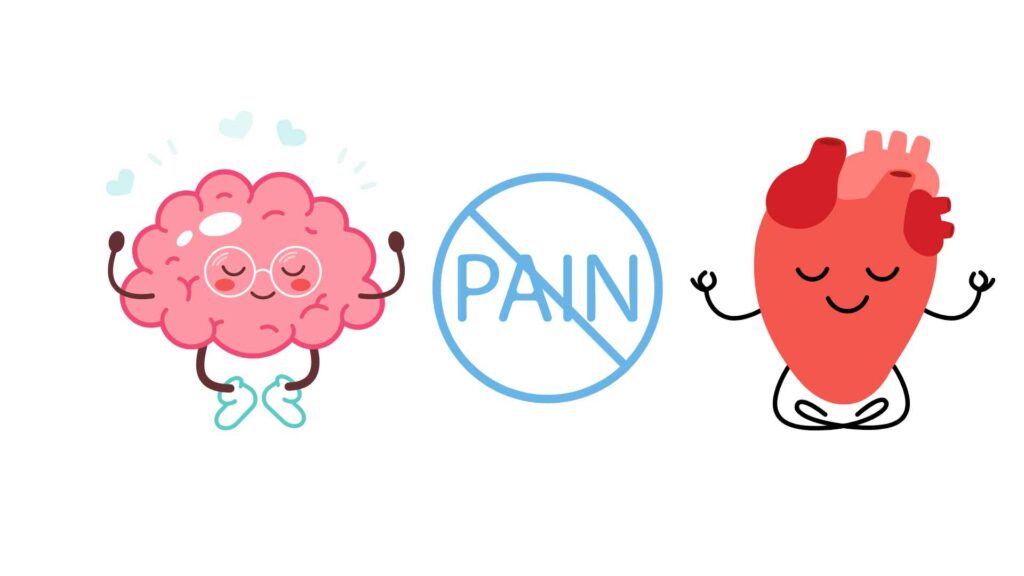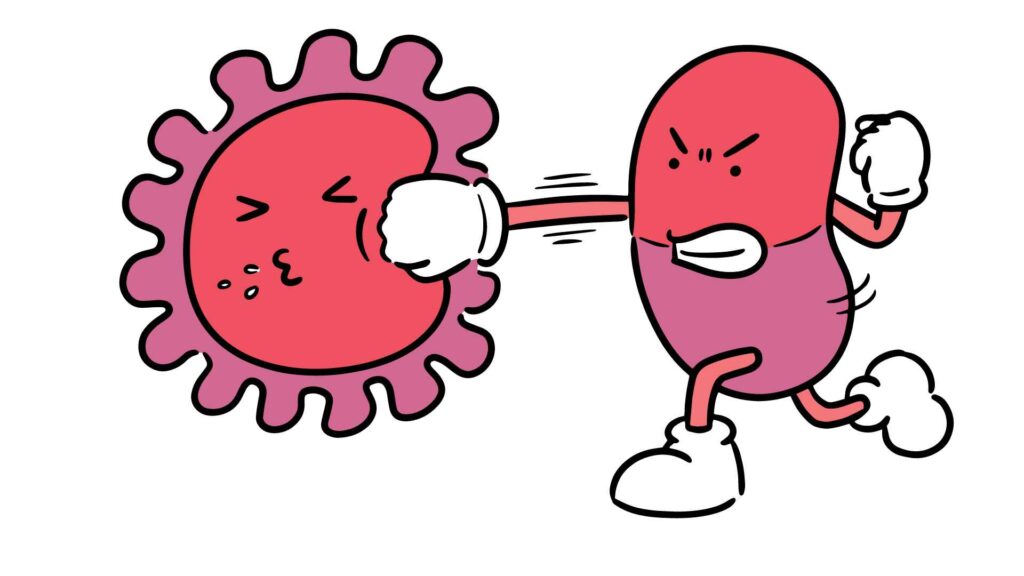Discover comprehensive information for all aspects of sexual health and find resources and guidance to empower your sexual well-being.
The pelvic floor muscles are the unsung heroes of our body’s core, providing support to…
Discover comprehensive information for all aspects of sexual health and find resources and guidance to empower your sexual well-being.
The pelvic floor muscles are the unsung heroes of our body’s core, providing support to…
Erectile dysfunction (ED) is a condition that affects many men worldwide, leading to significant stress,…
Feeling nervous about sexual performance, known as Sexual Performance Anxiety (SPA), is pretty common. But…
The underlying cause as well as the severity of pain determine the varied treatment approaches…
Erectile dysfunction (ED) is a common condition affecting men, often characterized by the inability to…
The International Society for the Study of Women’s Sexual Health describes Hypoactive sexual desire disorder…
Commitment issues can often manifest in romantic relationships, work, and other personal or professional spheres.…
Many studies claim that ginger is the most-used herbal drug in many countries. Scientific evidence supports its beneficial properties in several health conditions.
Table of Contents
ToggleGinger has been widely used in pharmaceutical products and food. It is also commonly added to food as a spice and has been widely used in traditional medicine throughout history.

Its health benefits backed by science include:
Oxidative stress leads to the development of many chronic diseases. Several studies have found that ginger has high antioxidant activity due to the presence of polyphenols. Hence, it is protective against oxidative stress.
It possesses anti-inflammatory activity which could protect against inflammation-related diseases such as Rheumatoid arthritis and Inflammatory Bowel Disease.

Rheumatoid arthritis (RA) is a chronic autoimmune disease that causes pain in joints (hands, feet, wrists, shoulders, elbows, hips, and knees). Ginger’s anti-inflammatory and antioxidant effects have been shown to reduce the symptoms of arthritis.
In a study, supplementation with ginger in 63 rheumatoid arthritis patients significantly reduced inflammatory markers.

Inflammatory bowel disease (IBD) is an umbrella term for various chronic inflammatory digestive processes, the cause of which is unknown. Crohn’s disease and ulcerative colitis are among these processes.
The results of the efficacy of ginger in IBD are scarce but some studies have shown improvement in inflammatory markers in animal models.

Ginger has been reported to show antibacterial, antifungal, and antiviral activities. It inhibits the growth of different bacteria, fungi, and viruses.
Some cancer types such as breast cancer are associated with inflammation. In these patients, ginger has been shown to improve inflammatory and metabolic markers.
Experimental studies show that ginger can prevent and treat several types of cancer, such as colorectal, prostate, breast, cervical, liver, and pancreatic cancer. The anticancer effect is due to inhibition of the growth of cancer cells.
Several studies found that ginger exhibits protective effects against neurodegenerative diseases, such as Alzheimer’s disease (AD) and Parkinson’s disease (PD). It is also shown to improve memory in these patients.

Ginger has exhibited cardiovascular (heart and vessels) protective effects by reducing blood pressure and improving lipid profile.
Ginger increases the breakdown of fats and has been even shown to improve Body Mass Index (BMI) in obese women.
Studies have shown that ginger and its bioactive compounds could protect against diabetes mellitus and its complications, probably by increasing the sensitivity of insulin.
Research has shown that ginger oil reduces pain sensation and inflammation. This is due to the presence of various phytochemicals in ginger.
It is considered useful for pain reduction in dysmenorrhea, delayed onset muscle soreness (DOMS), osteoarthritis (AO), chronic low back pain (CLBP), and migraine.
A study even showed that 0.025%-0.05% ointment of ginger extract when applied on the skin, helps reduce pain.

Traditionally, people use ginger to treat gastrointestinal problems. Experts consider a daily dosage of 1500 mg beneficial for relieving nausea.
Results from studies have shown that ginger could decrease pregnancy-induced nausea and vomiting and motion sickness
Recent studies even show the preventive effect of ginger on postoperative and chemotherapy-induced nausea and vomiting.
Research shows that ginger supplementation, particularly in oxidative stress conditions, enhances testosterone production in males.
However, the effect of ginger on testosterone is not yet confirmed in humans. Hence, more studies are needed for conclusive evidence.
Related: How To Increase Testosterone Naturally
Ginger and its diverse bioactive compounds show health benefits such as antioxidant, anti-inflammatory, and antimicrobial properties. Additionally, it has the potential to be an ingredient for nutriceuticals and could be available for the management and prevention of several diseases.
References
Dr. Nishtha, a medical doctor holding both an MBBS and an MD in Biochemistry, possesses a profound passion for nutrition and wellness. Her personal journey, marked by significant struggles with physical and mental health, has endowed her with a unique empathy and insight into the challenges countless individuals face. Driven by her own experiences, she leverages her background to offer practical, evidence-backed guidance, empowering others on their paths to achieving holistic well-being. Dr. Nishtha truly believes in the interconnectedness of the mind and body. She emphasizes the significance of understanding this connection as a crucial stride toward attaining balance and happiness in life.

